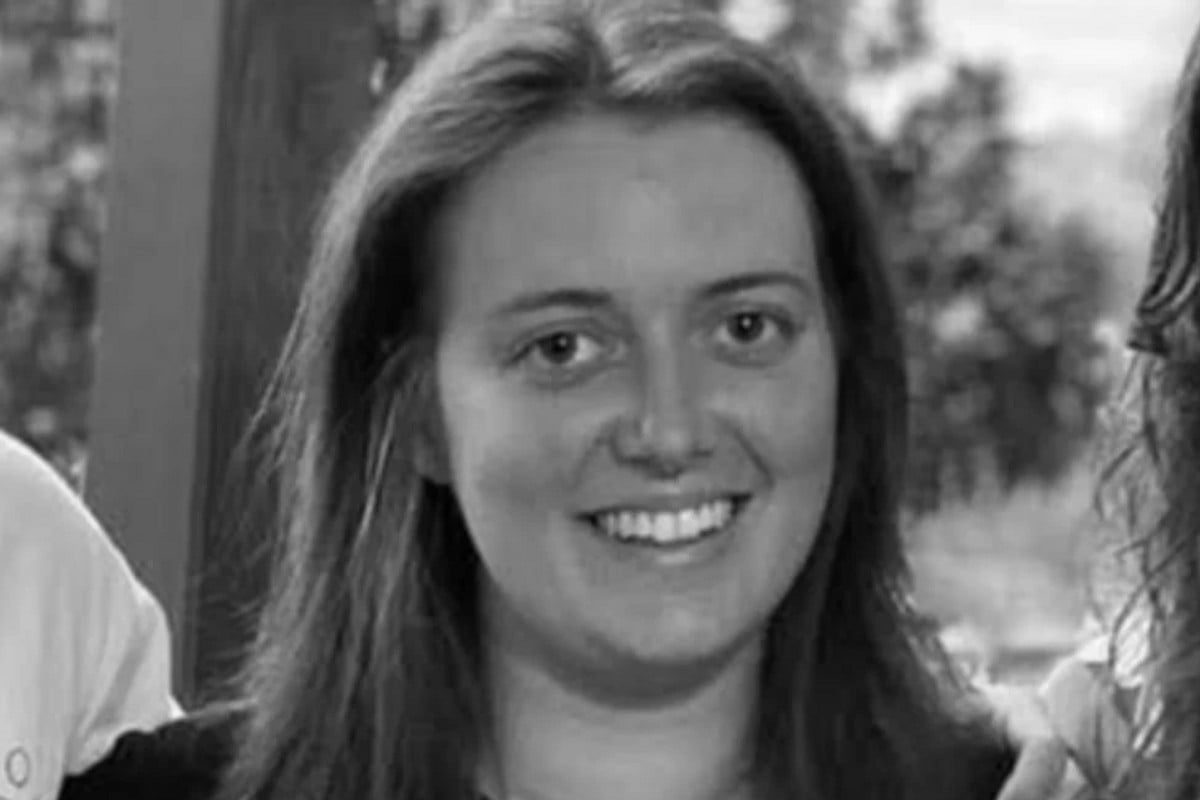
"Hey, do you want to try this?"
Alice Martin didn't know the guy who offered her the drug, Captagon — but she was young, travelling and immersing herself in the culture of Istanbul.
"It tastes just like coffee," he told her.
Alice had been travelling with her brother and some friends, exploring Madrid and Bulgaria before moving on to Istanbul by herself.
After taking the drug, a synthetic amphetamine-type stimulant popular in the Middle East, Alice felt chatty and hyper-fixated on the conversations she was having.
Watch: Jackie O opens up about drug addiction. Article continues below.
"I felt really awake, clear and alert. I didn't sleep that night. I hardly slept for a few days," she told Mamamia.
"Then, after the lack of sleep, I started doing some risky things, feeling really light and elevated.
"I was feeling really good, on top of the world. Really powerful. And then, things became too intense."
Alice began to experience psychosis — though she didn't know that's what was happening.




























































































